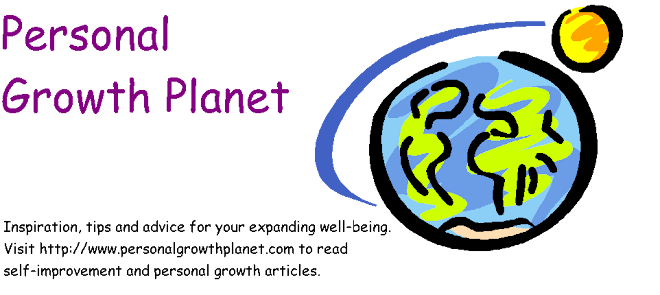
By Amy Phillips-Gary
A young boy struggles to deal with his parents' divorce, the introduction of a new person-- his mother's boyfriend-- into his life, feeling left out and ignored by his older sister and an overall sense of loneliness.
This not-so-unusual scenario is the stage upon which the movie version of the beloved children's book Where the Wild Things Are by Maurice Sendak is set.
While the book hints at the difficulties the pre-pubescent Max is going through, the movie version (titled the same) expands and brings them to a level that can be downright uncomfortable for viewers.
The wild things that Max encounters after he sails off to another land personify his seemingly out of control emotions.
The wild things yearn for Max to erase their sadness once and for all but-- as you might guess-- this is impossible even for a child king in a magical land.
How do you cope with your wild things?
Our emotions can seem as intense and unruly as the wild things in Max's alternative world are. They can literally “eat us up” if we don't soothe and care for them in loving ways.
But the trouble is, many many of us don't want to deal with our wild things.
I used to abuse alcohol in an attempt to dull my wild things. Insecurities, fears, and even memories I didn't want to remember, were all temporarily kept at bay as I drank to the point of passing out at times.
You might turn to the false promise of soothing and distraction from alcohol or other things like drugs (legal or illegal), food, television, computer, exercise, work, and even the opinion of others.
There's nothing inherently wrong with any of these behaviors or influences.
Unfortunately, as I found out, they can quickly turn into addictions. We can become dependent on these external sources for a fleeting sensation of uplift that can have unhealthy aftereffects.
As I relied on alcohol to try to dull my wild things, I not only engaged in dangerous behaviors with serious consequences, I also moved further and further away from learning how to truly soothe myself.
This is a very conditional way to live.
When you rely on external sources to cope with difficult feelings, your ability to achieve what you want to achieve is severely limited. In part, this is because you are working so hard to numb out and not face or feel the feelings.
The effects of addictive behaviors can end up far more destructive than the original emotions ever could be.
And our wild things continue to exist. They are in there-- gnashing their teeth, growling and growing.
[*Note: There are many ways to understand and stop addiction. These suggestions are a general approach and not meant to replace coaching or therapy. If you feel that your health and well-being are in danger because of your addictive behaviors, please seek the help of a professional.]
Love your Wild Things.
It is absolutely vital that you stay in touch with you.
Even if you can only create 5 minutes each day to sit quietly, breathe and feel, do it. Give this to yourself. During those 5 minutes ask yourself how you are feeling and what you need.
If you need to cry, then cry. If you feel like yelling, create space for yourself to yell. Be in the moment with your emotions-- allow them.
Your in-touch time can be a source of healing, release and rejuvenation as long as you don't negate it with critical or judgmental thoughts.
Keep yourself focused on the feelings and not your stories behind the feelings. Afterwards, you will be better able to listen to any actions or changes you feel drawn to.
What any of us need is to feel loved-- unconditionally. You simply cannot love yourself without also loving and finding a sense of peace with your wild things.
Love yourself anyway, including those undesirable feelings, behaviors and addictive tendencies you have.
When you dive deeper into self-hate because you are jealous, critical, or you eat, drink or whatever too much, your need for those dangerous soothers increases-- as do your wild things.
From a place of love, however, you can almost always make changes more easily and assuredly.
Make it your goal to find even one aspect of yourself to love as you are, where you are. Once you discover one aspect to love, continue looking for more.
Build from there until you no longer need to escape or dull your difficult and intense emotions. Your love, awareness and willingness to listen to yourself and your needs can bring you the ease and answers you really wanted all along.
***********************************************************************
*Wild Things hat image thanks to http://www.flickr.com/photos/jessyratfink/






Great essay. something I learned early on was to name my emotions. I think it's a common method, but it was a great device to learn how to differentiate my emotional states, because so often they boiled into one gigantic mess of blech. And I generally acted out of all of it without really any connection to any of it.
ReplyDeleteI agree--great essay. I really think the movie was created for us adults to look at the consequences when we act strictly from our unidentified, un-dealt-with emotions. Breathing and slowing the whole process down has been helpful for me.
ReplyDeleteIt's so simple isn't? Acknowledge and name whatever is coming up and then breathe and soften-- yeah right, so simple...and so powerful.
ReplyDelete